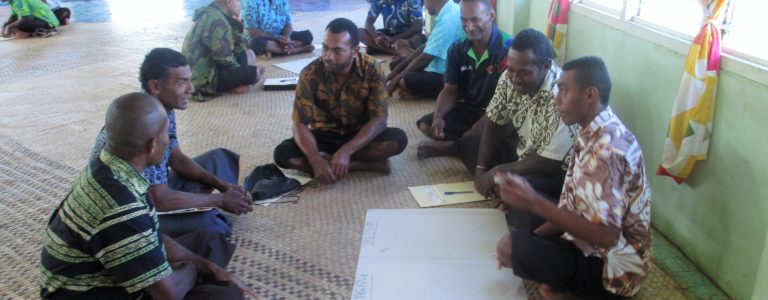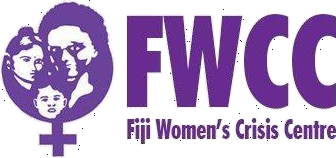Male Advocacy

In efforts to achieve gender equality and elimination of violence against women, the involvement of men and boys is seen increasingly as important new trend. Men make up over 90% of the perpetrators of violence perpetrated against women and to develop solutions, in particular when attempting to change engrained attitudes which promote and perpetuate gender inequality, targeting men becomes crucial. The question of what about the men? has plagued the women’s movement, in particular those directing their services at women only, for a long time. However it is important to realize that the women’s movement and in particular those working towards the elimination of violence against women have had to create the ground work in determining the various dynamics of violence against women before bringing male players into the arena.
Violence against women is largely perpetrated by men and stems form the inequalities that exist between men and women. Theses inequalities are compounded by religious and cultural beliefs and practices: and are so institutionalized that initial work on violence against women have struggled to make inroads while experiencing backlash and resistance for, various quarters. What this work has achieved is best encompassed in the UN Declaration on the elimination of Violence against Women.
The Declaration says that Violence against Women:
- Violates women’s human rights and fundamental freedoms
- Results form historically unequal power relations between men and women
- Is a social mechanism that forces women into subordinate position compared to men
- Is pervasive in the family and society and cuts across lines of income, class and culture
- Limits women’s opportunities to achieve legal, social, political and economic equality
These are fundamental aspects of violence against women and any program that is developed towards its elimination should not lose sight of this. Similarly programs for men to participate in the elimination of violence against women, should also be along these lines.
In the Pacific region, the Fiji Women’s Crisis Centre, the Vanuatu Women’s Centre and the Solomon Islands Family Support Centre have embarked on programs targeted at men. The FWCC Male Advocacy for Women’s Human rights and Against Violence against Women is a joint initiative with the government violence against women Taskforce. A crucial element of these programs has been the training of men from key agencies (police, military, community workers, chiefs, religious etc.). A one- off training does not necessarily mean a men’s program is set up but rather it involves various stages of training and awareness raising, peeling away the different layers of socialization which can often justify and excuse various forms of violence against and mistreatment of women.
In its efforts to eliminate violence against women, FWCC is consolidating its efforts in its work with men. International best practice and lessons learned reinforce FWCC’s own experiences over the last 10 years with men. Fundamental principles are:
- The use of a human rights framework to increase men’s awareness of gender equality as a fundamental human right, which involves challenging traditional and cultural beliefs and practices on violence against women and gender relations:
- The importance of men addressing their own violence before they can be effective advocated or provide counseling to other men, and the provision of training and support to facilitate this process; and
- The importance of accountability of men’s groups to the women’s movement and to the human rights of both women and men.
Violence against 3omn has only recently come from behind closed doors into the public realm. Women have only recently been given the time and the space to claim theses violations perpetrated against themselves. For every woman that makes a public claim of these violations, whether through reporting to the police or a social agency, there are thousands who remain silent because the structures that exist do not allow them to do so. Therefore, the inclusion of men should never result in the shutting out; the silencing and the minimizing of the experiences of the many women who continue to suffer. Working with men should be a partnership but in making room for the men, we should not give too much “space” because the “historical unequal power relations” are still very much alive and when we lose the women’s human rights approach, we lose sight of the root causes of the problem.


